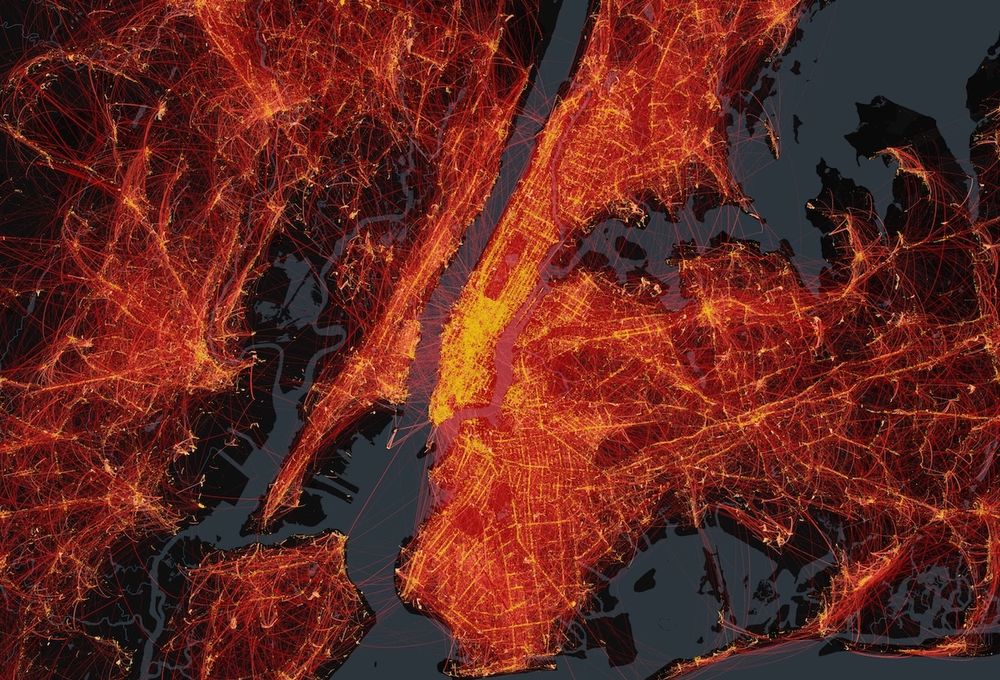Economic geographer, computational social scientist. ANETI Lab, HUN-REN KRTK, and Corvinus University of Budapest. Interested in cities and networks of innovation and inequality.
Reposted by Koen Frenken, Balázs Lengyel

📚 In tribute to Loet Leydesdorff’s legacy, nine speakers will reflect on their collaborations with him and explore future directions in scientometrics and information science.
More information 👉 www.universiteitleiden.nl/en/events/20...

Our previous research found that during the 3rd COVID-19 wave in Hungary, believers of conspiracy theories were more likely to refuse mRNA vaccines.
www.nature.com/articles/s41...
Reposted by Balázs Lengyel

@ic2s2.bsky.social @netscisociety.bsky.social
Reposted by Balázs Lengyel
With Anton Pichler and @maria-drc.bsky.social we got a grant to model the well-being impacts of natural disasters beyond standard economic measures.
We are looking for a 3-year PhD student and 2-year postdoc, deadline 15/01.
More info 👇
1/8

Reposted by Balázs Lengyel

www.nature.com/articles/s41...
Reposted by Balázs Lengyel, Marina Della Giusta

People copy thoughts, feelings, & actions of those to whom they are connected. Understanding social network structure & function makes it possible to use social contagion to intervene in the world to improve human welfare. www.science.org/doi/10.1126/... 1/





In our new Science Advances paper, in collaboration with Gergő Tóth @nachristakis.bsky.social Anikó Bíró, we demonstrate the role of diverse networks in mental health.
Open access at:
www.science.org/doi/10.1126/...

